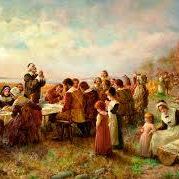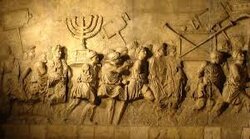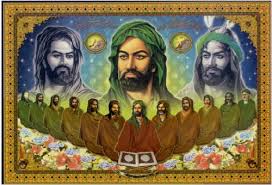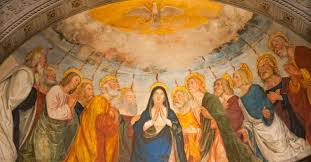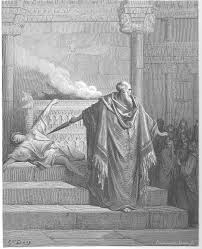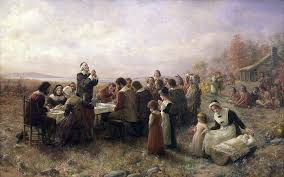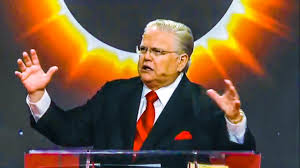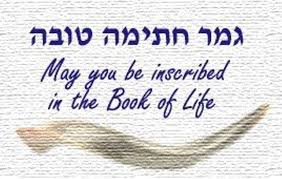by Felicia Dorothea Dorothea Hemans (1793-1835)
THE breaking waves dash'd high
On a stern and rock-bound coast,
And the woods against a stormy sky
Their giant branches toss'd;
And the heavy night hung dark,
The hills and waters o'er,
When a band of exiles moor'd their bark
On the wild New-England shore.
Not as the conqueror comes,
They, the true-hearted came;
Not with the roll of the stirring drums,
And the trumpet that sings of fame:
Not as the flying come,
In silence and in fear;–
They shook the depths of the desert gloom
With their hymns of lofty cheer.
Amidst the storm they sang,
And the stars heard and the sea!
And the sounding aisles of the dim woods rang
To the anthem of the free.
The ocean-eagle soar'd
From his nest by the white wave's foam;
And the rocking pines of the forest roar'd–
This was their welcome home!
There were men with hoary hair,
Amidst that pilgrim band;–
Why had they come to wither there,
Away from their childhood's land?
There was woman's fearless eye,
Lit by her deep love's truth;
There was manhood's brow serenely high,
And the fiery heart of youth.
What sought they thus afar?
Bright jewels of the mine?
The wealth of seas, the spoils of war?–
They sought a faith's pure shrine!
Ay, call it holy ground,
The soil where first they trod!
They have left unstain'd what there they found–
Freedom to worship God.
